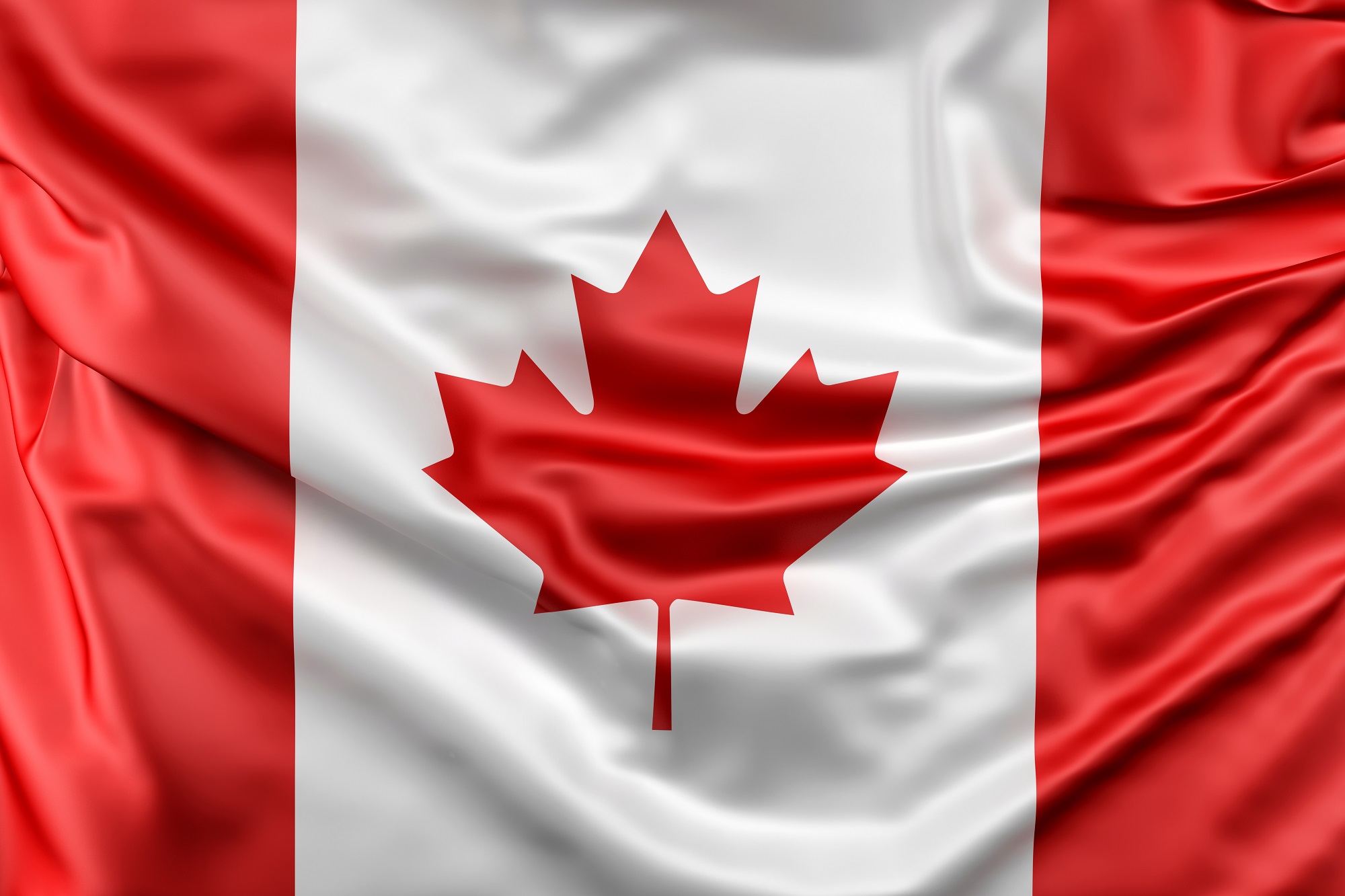Quebec Immigration Plan-2023
The Quebec Immigration Plan for 2023 was released last week by the province. It shows that the province could admit up to 52,500 new permanent residents in 2023, which is the same target as 2022.
• Most new admissions to Quebec will come through Quebec’s economic immigration programs such as the Quebec Skilled Worker Program and the Quebec Experience Program.
• These economic programs have a maximum target of 33,900 newcomers which is over 65% of planned admissions.
• The province aims to welcome a maximum 29,500 skilled workers, a slight increase from 2022’s target of 28,800.
• The province also expects to welcome up to 4,300 business immigrants who includes entrepreneurs and investors.
• Family reunification expects to welcome up to 10,600 new permanent residents in 2023.
• The remaining newcomers are expected to arrive as refugees or through other immigration programs.
• Each year Quebec releases the immigration plan for the upcoming year. It outlines the number and category of new permanent residents the province plans to welcome in the following year. Typically, each plan is only for the coming year; however it is expected in 2023 that a multi-year plan will be created.
What is the Quebec Immigration Process?
Under the 1991 Canada-Quebec Accord, the Government of Quebec is responsible for selecting immigrants to the province. The selection process is managed by Quebec's Immigration Ministry, the Ministère de l’Immigration, de la Francisation et de l’Intégration (MIFI).
The Quebec Selection Certificate, or Certificat de sélection du Québec (CSQ) is a document issued by the MIFI that proves to Canada's federal government that an applicant has been selected for immigration to Quebec.
Immigration candidates who are issued a CSQ can then apply for permanent resident status with Immigration, Refugees and Citizenship Canada (IRCC).
• assesses foreign nationals' eligibility for a CSQ under Quebec's various economic immigration, business immigration, refugee and humanitarian categories; and
• Issues CSQs to applicants who meet the criteria for immigration to Quebec.
The Government Of Canada Continues To Oversee The Following:
• Security, criminal and medical background checks that determine the admissibility of new immigrants to Canada; and
• Creation of categories and classes of immigration, allocating and enforcing annual immigration levels while taking into consideration the number of immigrants the Government of Quebec wishes to welcome in any given year.
Why Does Quebec Have Its Own Immigration Policy?
With its own set of selection criteria, distinct programs, and the ability to select its skilled workers from abroad— Quebec today holds more power than any other province in terms of its ability to influence its immigration.
In 1995 the Francophone province almost voted to become an independent state within Canada; with a modest 0.58% of votes as the deciding force to stay in the Canadian Dominion.
It is important to note that the drivers that shaped the call for the 1995 referendum are the same ones that led Quebec to the power it holds over immigration today—forces deeply rooted in the province’s history and culture.
According to the Constitution Act of 1867, immigration holds a special place among powers, being controlled at both the federal and provincial levels – however, today no province holds as much sway over its immigration as Quebec does.
The creation of Quebec’s immigration ministry signaled Quebec’s assertion that controlling immigration to the province was a key issue—not just for economic reasons, but also, to preserve the French language and Francophone culture as a primary concern. As a result, Quebec would recruit Francophone from around the world during this period.
For more information, please contact us at 8920523087/9540566315 or you can email us at eminent@eoec.in




Comments
Post a Comment